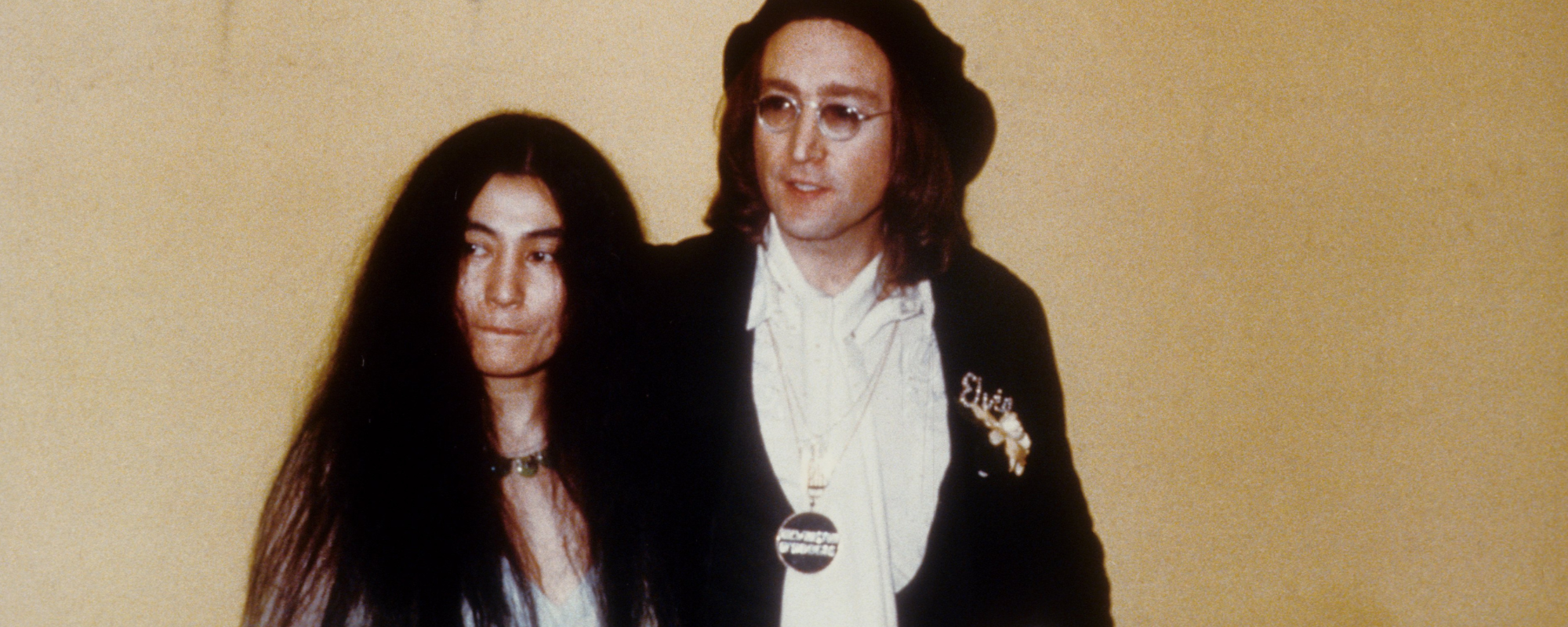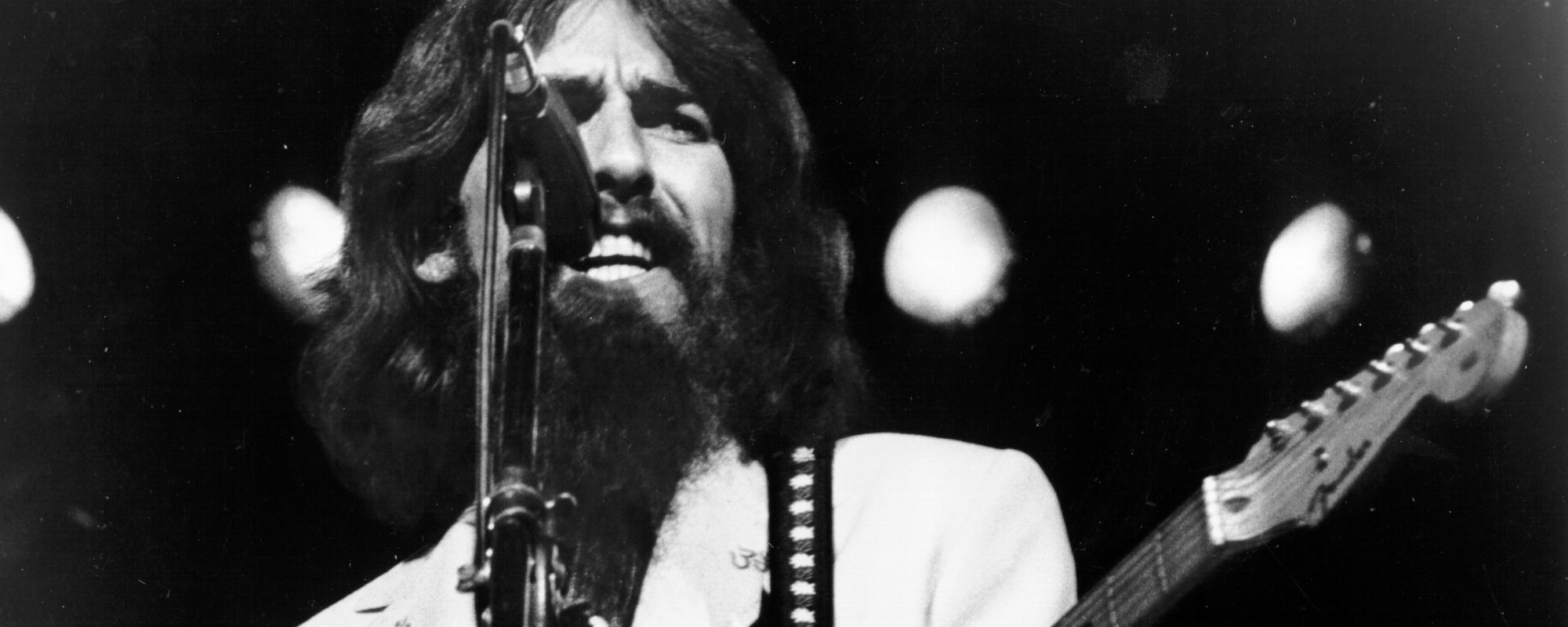Crafting the perfect protest song is a feat in itself. These four bands managed to craft some unflinching and powerhouse protest songs in the rock genre, and each track still has its use and merit today. So, let’s look at four of the most iconic rock protest songs ever made! Though, it’s worth noting that this list is far from exhaustive.
Videos by American Songwriter
1. “Killing In The Name” by Rage Against The Machine
This 1992 song by Rage Against The Machine is one of their most well-known tracks. It was written in the wake of the Rodney King riots in 1992, which occurred after the police officers who had beaten King close to death were acquitted. “Killing In The Name” challenged police brutality and is still used at protests today.
2. “Idioteque” by Radiohead
Back in the early 2000s, it became clear that climate change was not only real, but caused by human activities. Radiohead was ahead of the game with the 2000 song “Idioteque”, which references the potential for an ice age and critiques debates over the legitimacy of climate change. “Let me hear both sides, let me hear both sides, let me hear both / Ice age comin’, ice age comin’.”
3. “We Love You” by The Rolling Stones
The Rolling Stones aren’t exactly known for their protest songs. Rather, they’re known for their high-energy rock and roll hits like “Satisfaction” and “Paint It Black”. “We Love You” came about in 1967 after Keith Richards’ house was raided. The famed guitarist was at risk of seeing some serious jail time. The song and subsequent promotional video challenged the way the band and marginalized groups have been persecuted for being different.
[Buy Tickets To See The Rolling Stones Live In 2024]
4. “Rock The Casbah” by The Clash
We couldn’t leave out The Clash’s “Rock The Casbah” on our list of the most iconic rock protest songs of all time. These British punks struggled to top the charts during their heyday. And “Rock The Basbah” was their only track to become a Top 10 hit in the US. The song is a critique of how media, particularly rock music, was subject to censorship; specifically in the context of the Iranian Revolution.
Photo by Rock and Roll Hall of Fame
When you purchase through links on our site, we may earn an affiliate commission.

















Leave a Reply
You must be logged in to post a comment.